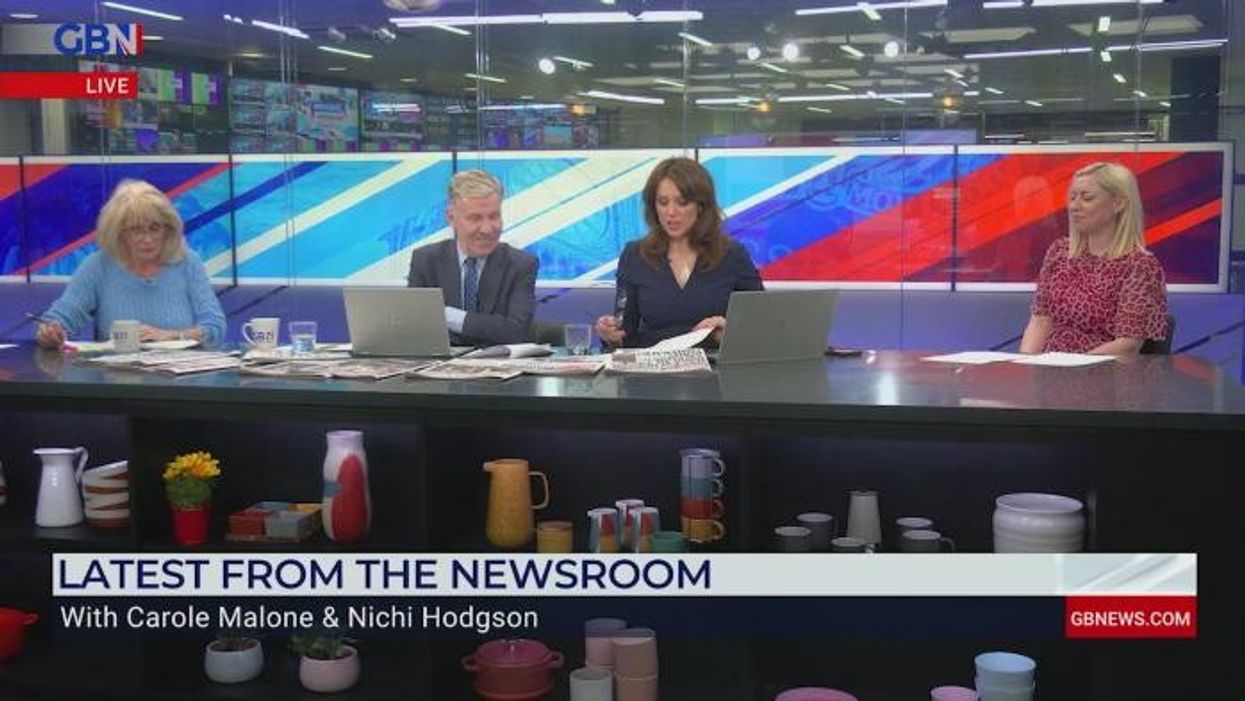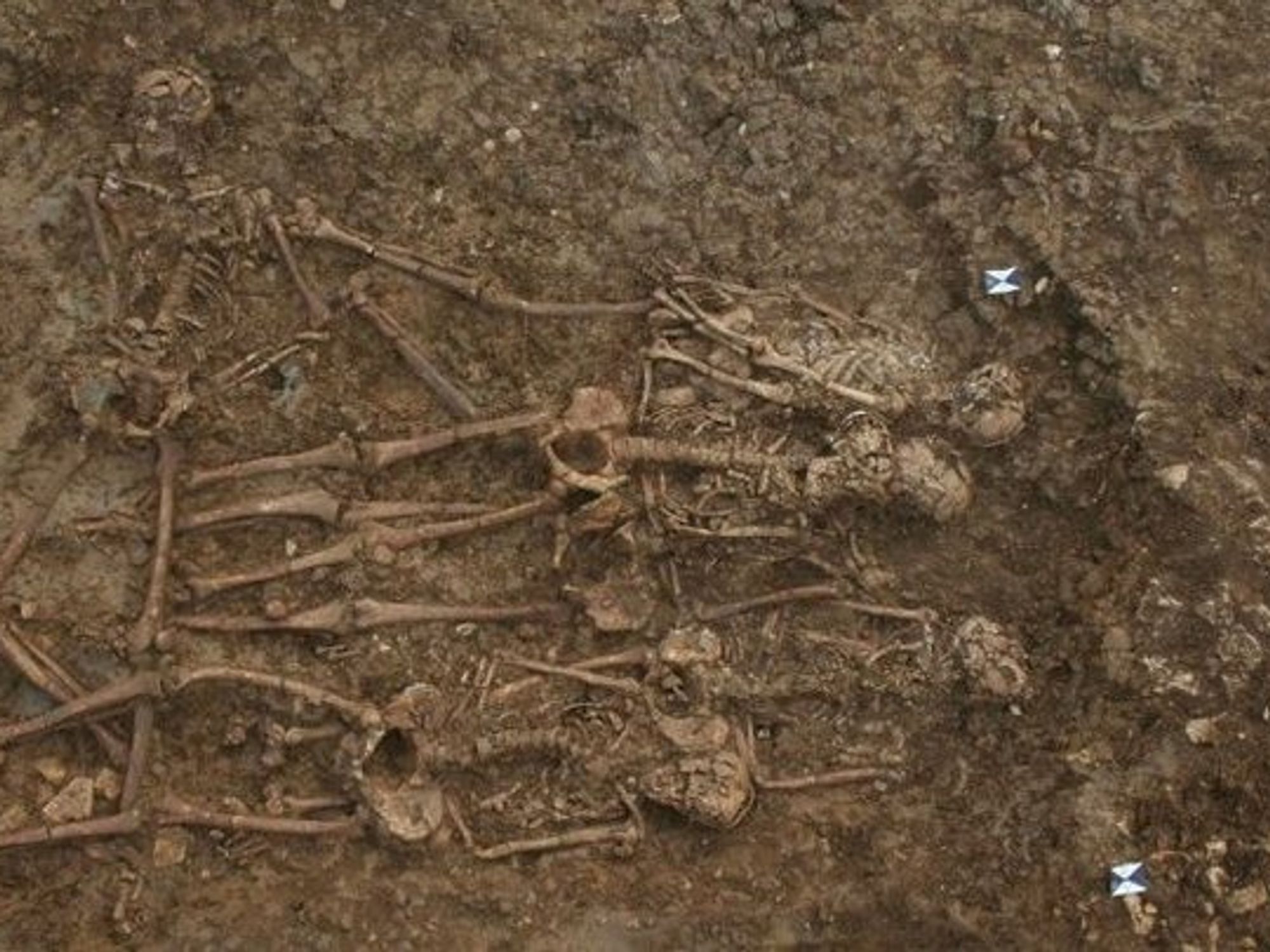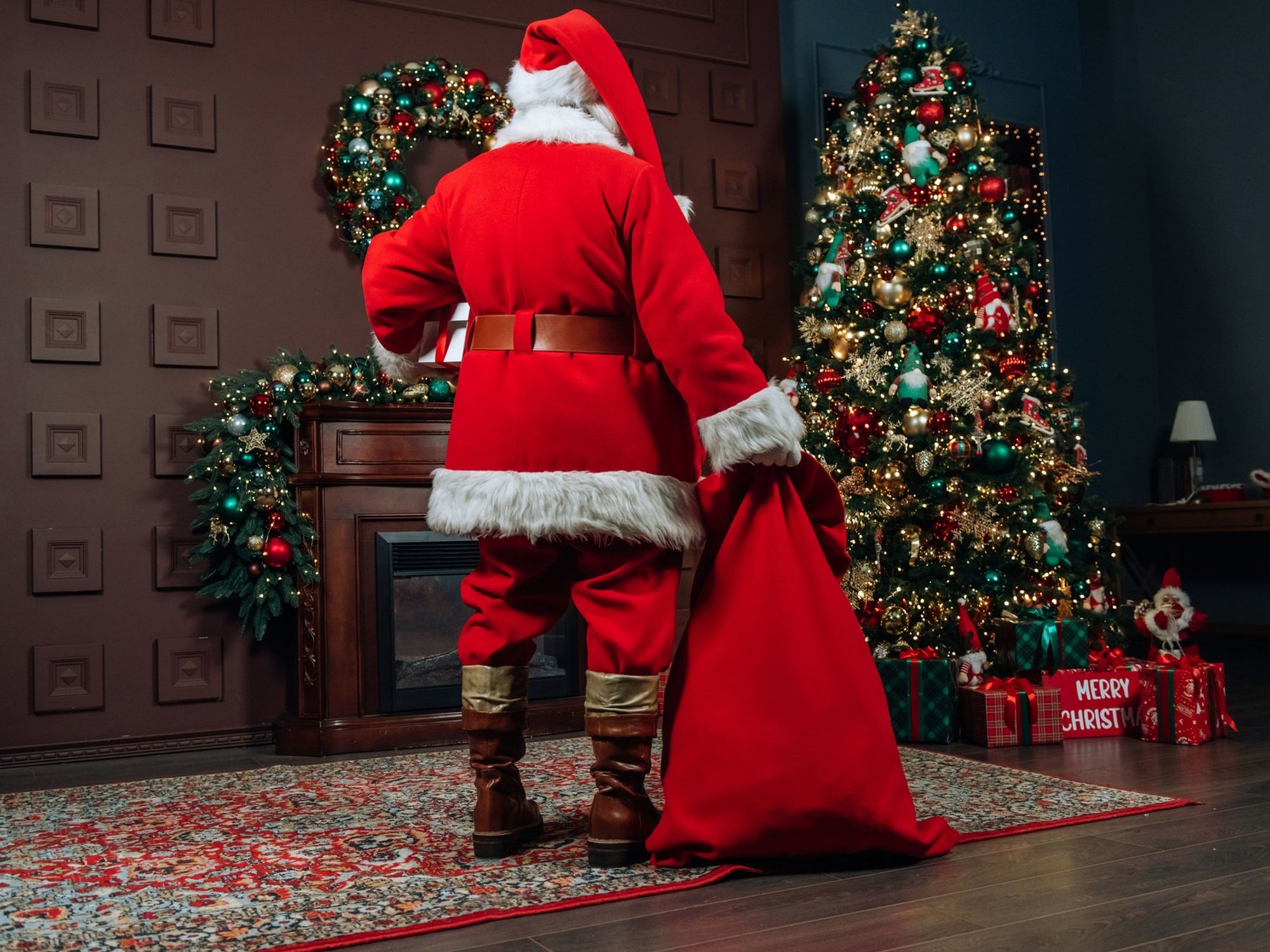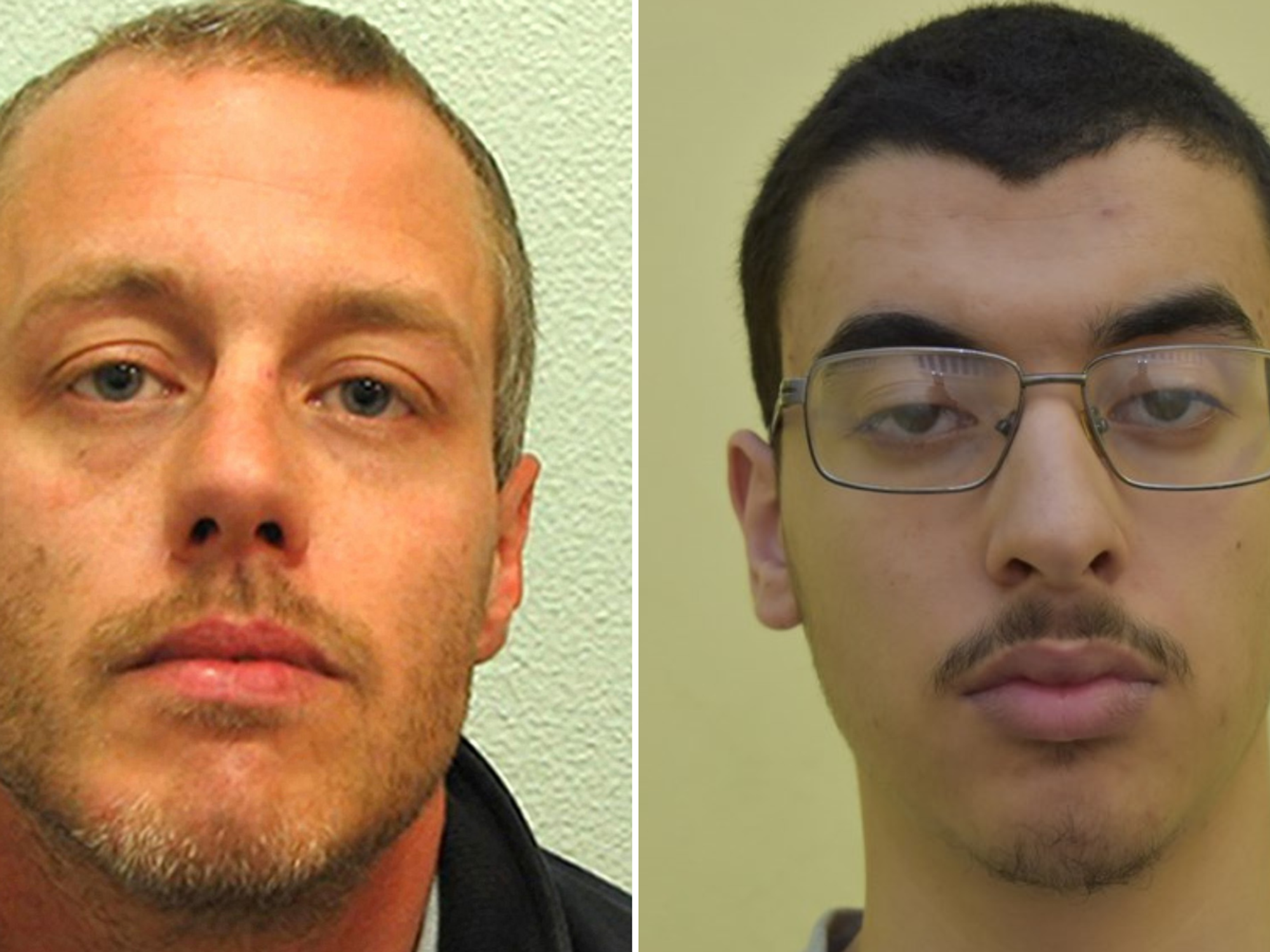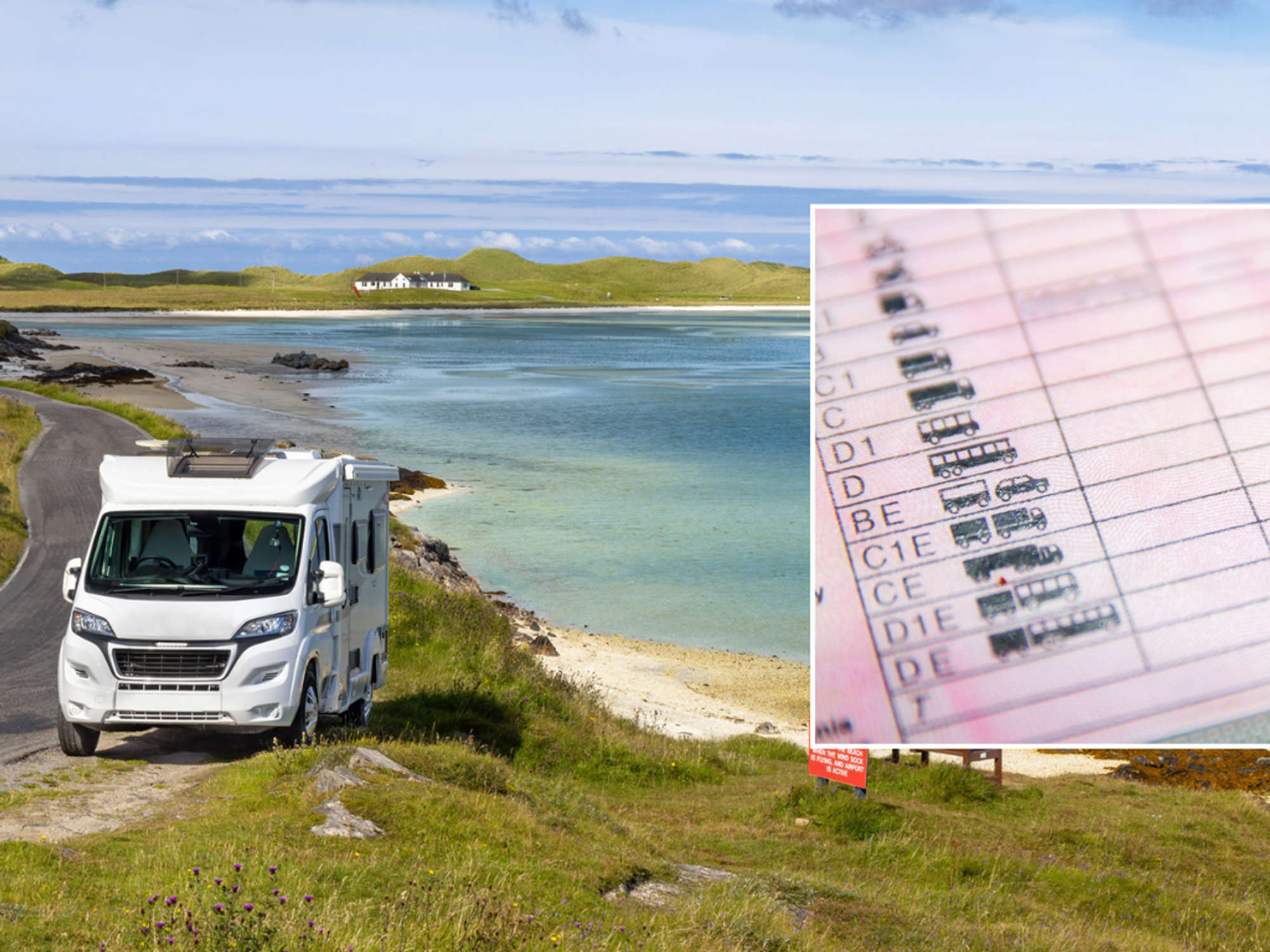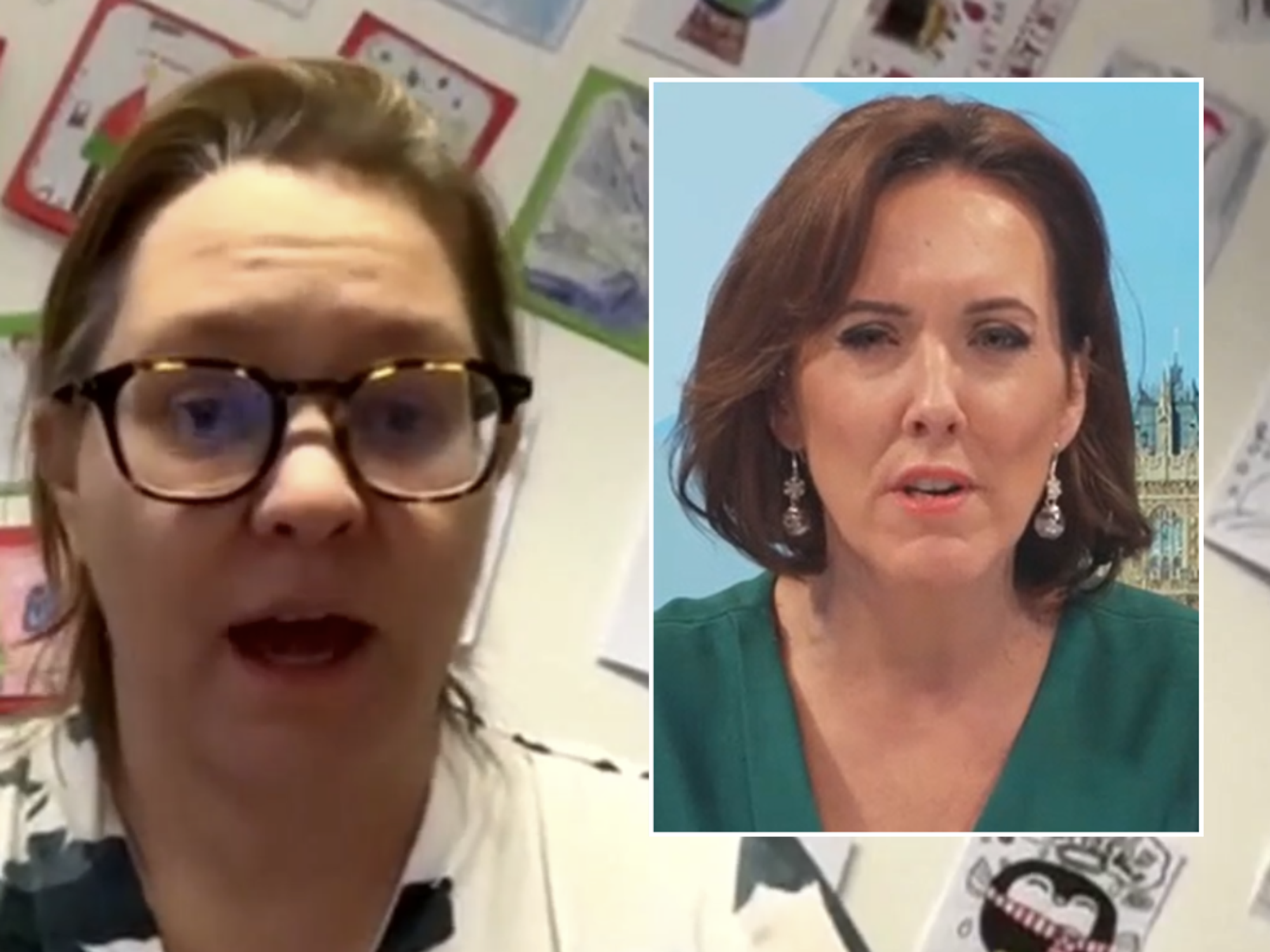BBC star wades into racism row after countryside branded ‘colonial space for white people’

A recent report suggested the British countryside reflects ‘racist colonial legacies’
Don't Miss
Most Read
A BBC star has waded into a racism row after a report claimed the British countryside was a “colonial space for white people”.
Radio 5 presenter Nihal Arthanayake rejected claims that the countryside was “racist”, instead insisting that it was “for everyone”.
The British-Asian broadcaster took aim at social media trolls who he claims have created an “illusion” that the countryside is not welcoming to ethnic minority visitors.
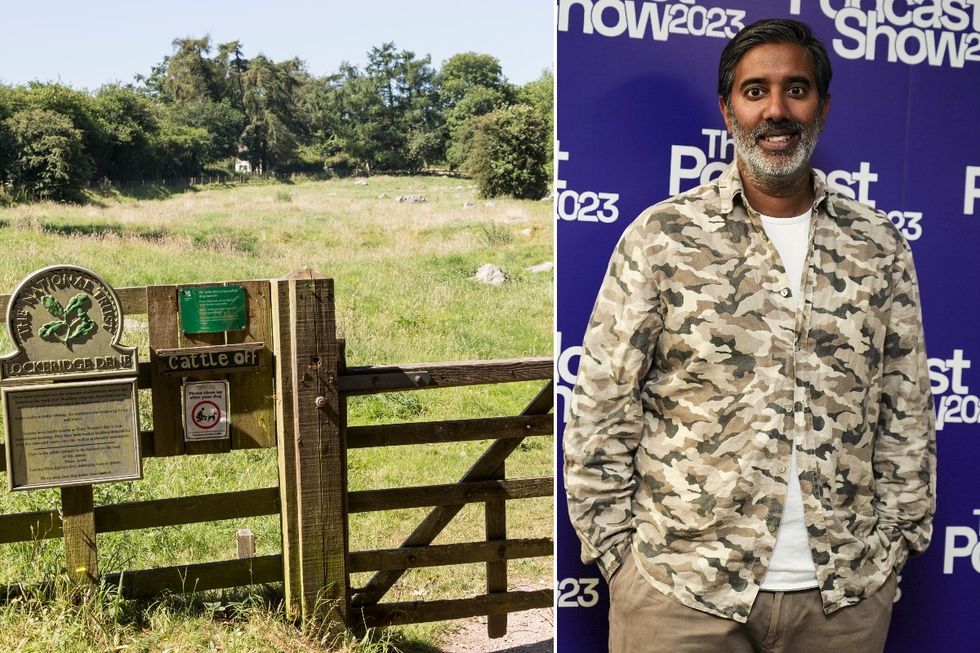
Nihal Arthanayake waded into the racism row
|Getty Images/PA
“Cultural barriers reflect that in the UK, it is white British cultural values that have been embedded into the design and management of green spaces and into society's expectations of how people should engage with them,” the report stated.
“Racist colonial legacies that frame nature as a ‘white space’ create further barriers, suggesting that people of colour are not legitimate users of green spaces.”
Wildlife and Countryside Link, a charity umbrella group, counts as many as 80 organisations as its members including the WWF, RSPCA and National Trust.
Responding to the report, Arthanayake told The Times: “To brand the entirety of Britain as being racist and colonial does not help encourage people from ethnic minorities to go into the countryside.
LATEST DEVELOPMENTS: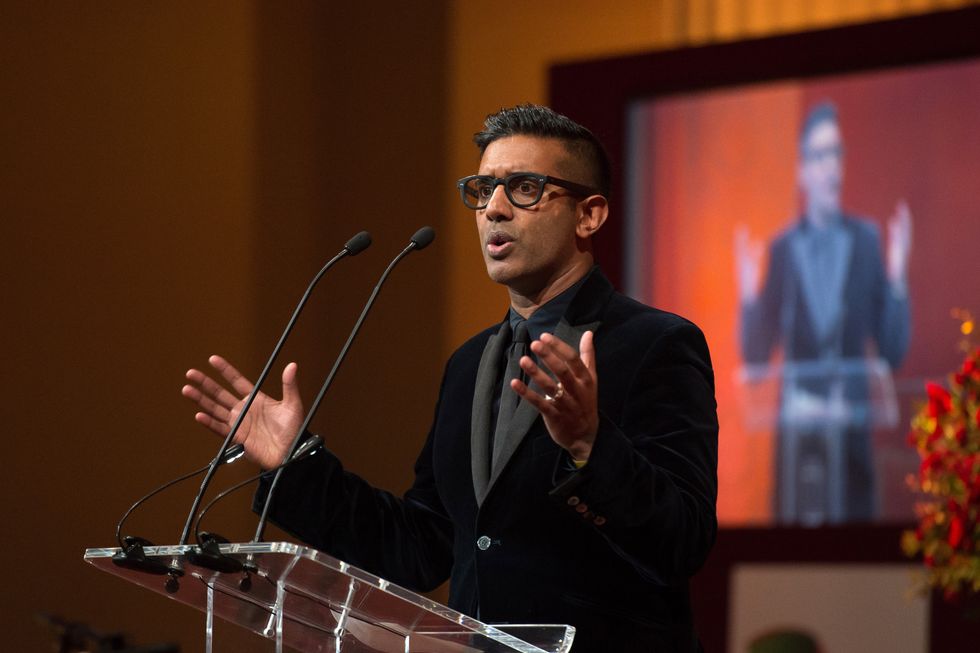
Nihal Arthanayake
|PA
“The nuance of this is more to do with access to the countryside.
“I have never been racially abused. I’ve been into the Peak District many times with my family.”
He continued by saying that he had encountered more racism in towns than he had in villages.
Arthanayake added that his experience of the countryside has been friendly.
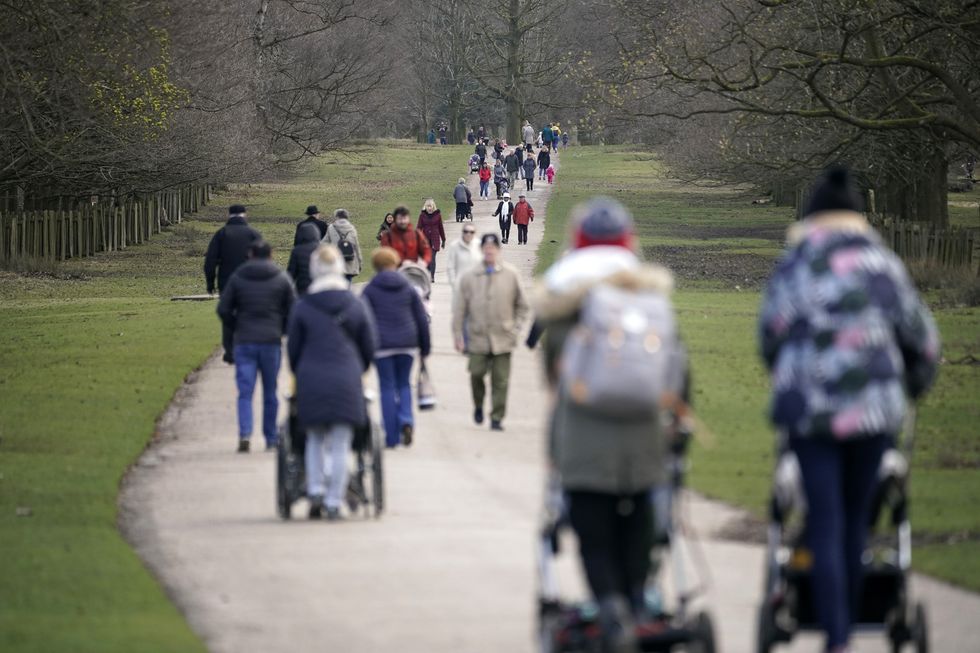
British countryside was branded a ‘colonial space for white people’
|Getty Images
He continued by telling Country Walking magazine of his experience in the countryside, claiming that walkers are actually “happy to see you”.
“We live in one of the most tolerant countries on the planet, and whether I’m walking by myself or with the family, I’ve never felt anything other than welcome.
“The more people we can spread the word to, that walking is healthy and wonderful and normal, the fewer barriers there will be.
“And the more conversations people have when they’re outdoors, the more they will feel it’s a place where they belong.
“Just little chats. But they make a big difference.”


